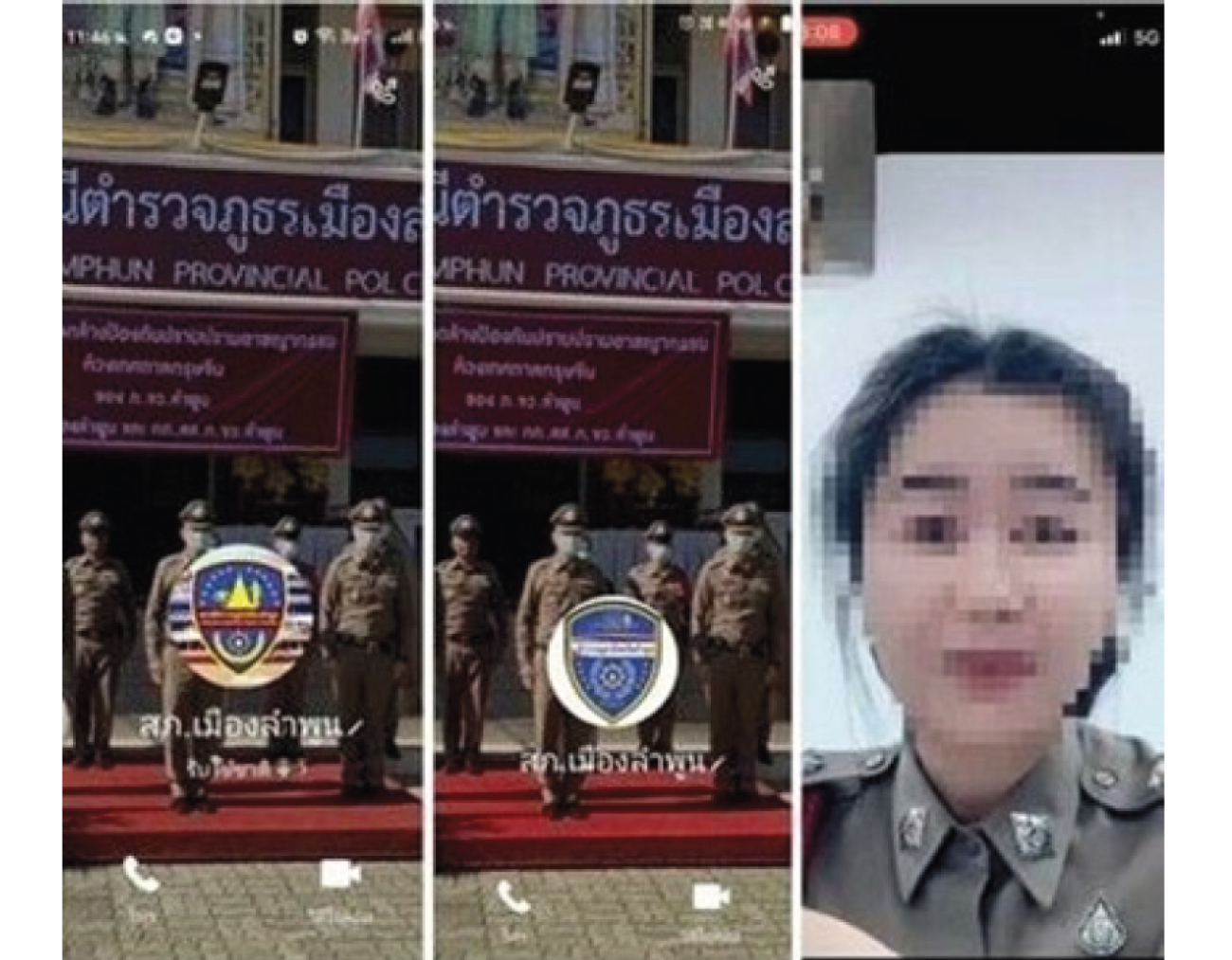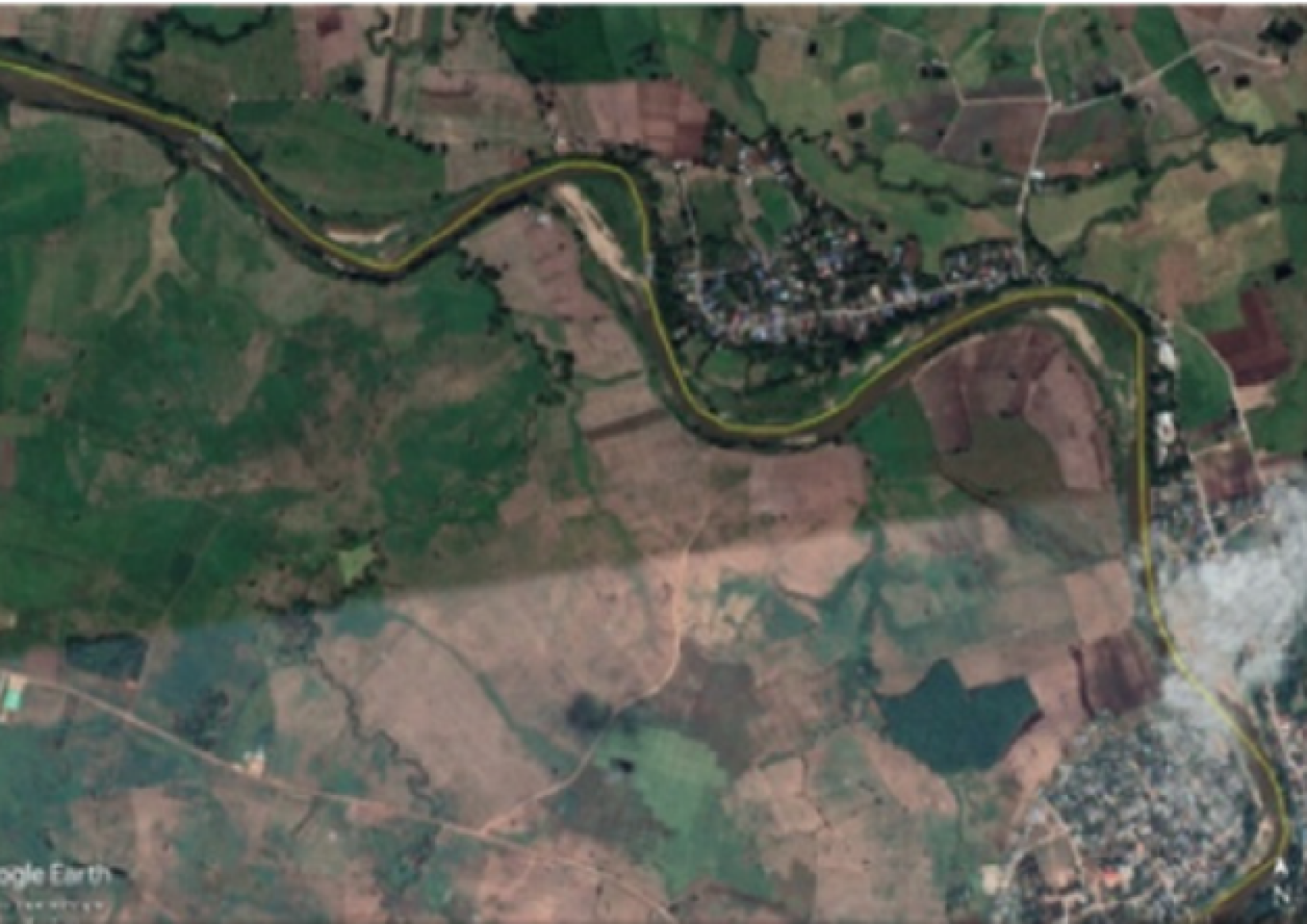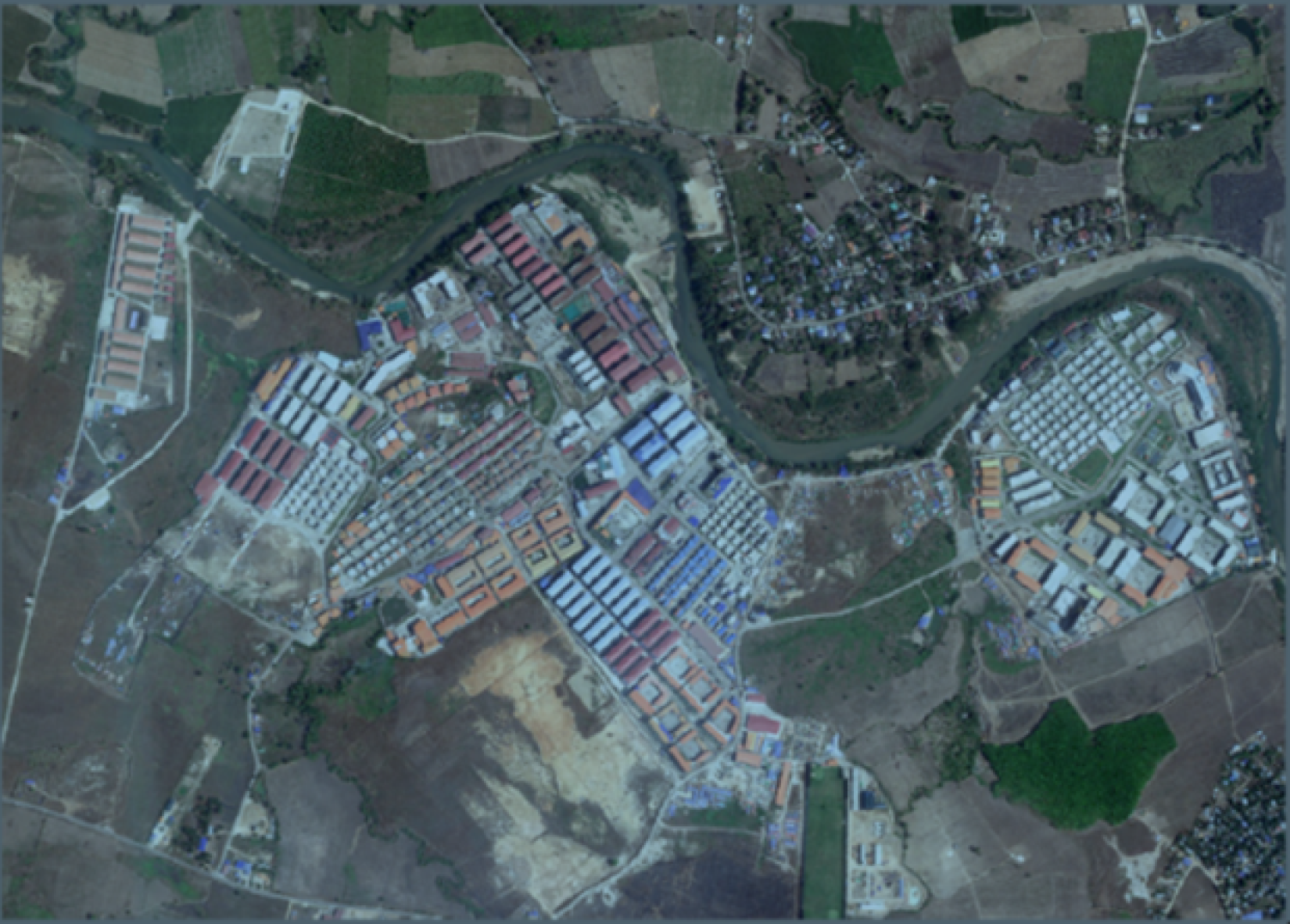The Rise of AI-Powered Organized Crime: Southeast Asia's Growing Threat

Criminals are increasingly abusing AI technology to further automate and scale transnational crimes.
Yangon (Myanmar)–As we mark the first International Day for the Prevention of and Fight against All Forms of Transnational Organized Crime (TOC), in Southeast Asia, a rapidly evolving threat has been challenging the region’s stability and security. With the rise of transnational criminal networks utilizing advanced technologies organized crime has entered into a far more dangerous new phase. Criminal groups are no longer bound by traditional methods; they are empowered by technological innovation, expanding their reach and sophistication in ways that were unimaginable previously.
Among the most concerning is the unintended consequences caused by the generative artificial intelligence (AI) and deepfake technology and abusing it to automate and scale transnational crimes, including illegal casinos, cyberfraud, and human trafficking for forced criminality. By abusing AI, criminals can create fake identities, documents, and scam content, while deepfakes are used to impersonate trusted figures and deceive victims. This shift has increased the efficiency and global reach of criminal operations, exacerbating human trafficking, exploitation, and online fraud on an unprecedented scale.
The impact of these criminal activities is staggering. UNODC’s recent report, titled Transnational Organized Crime and the Convergence of Cyber-Enabled Fraud, Underground Banking, and Technological Innovation: A Shifting Threat Landscape suggests that, in 2023, scams targeting victims in East and Southeast Asia were responsible for financial losses between $18 billion and $37 billion, a testament to the scale and sophistication of modern transnational crime.
Criminals are seamlessly integrating billions of dollars from illicit proceeds into the global financial system with the rise of digital solutions through money laundering and underground banking. This growing threat is not just a financial burden; it is a direct challenge to regional security and a global issue that requires international cooperation and coordinated action. In the midst of this, Myanmar and other Southeast Asian countries recently have become the center for the global cyber scam industry. The UN High Commissioner for Human Rights estimates that more than two hundred thousand people have been trafficked into Myanmar and Cambodia to execute these online scams.


The stakes have never been higher. The integration of AI into the already evolving criminal ecosystem represents a paradigm shift that requires an urgent response.
Reflecting on the urgency of the matter, The UNODC Executive Director, Ms. Ghada Waly, in her message on the International Day on TOC calls for global solidarity and global action. She remarked,
“The challenges of organized crime are growing but so too are the opportunities for cooperation against these threats. By pulling together - governments in the global North and South, banks and businesses, civil society and communities, young and old - we can push back against organized crime, everywhere, for safety and security, for development and human rights, for prosperity and peace."
This year's International Day on TOC calls for raising awareness about the global impacts of organized crime, fostering global collaboration between governments, civil society, and the private sector, and empowering communities to build resilience through grassroots efforts.
As AI continues to evolve, it is extremely crucial now more than ever to emphasize knowledge sharing and capacity building to strengthen responses, advocates for policies, and address the root causes of organized crime. At the same time, it is important to recognize the dual role of technology as a challenge and as a tool for innovative solutions in tackling transnational organized crime. Only through collaboration, forward-thinking strategies, and a united approach can we build a safer, more resilient world.
Please contact unodc-myanmarfieldoffice@un.org for more information.
To read more about the AI’s impact on the organized crime in Southeast Asia, please click here.
To learn more about UNODC activities, please click here.

